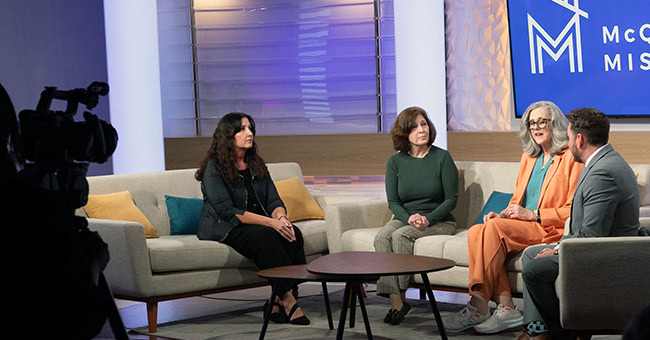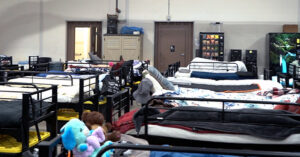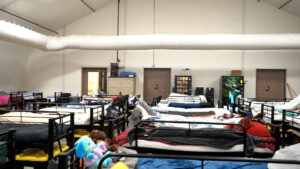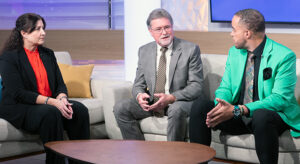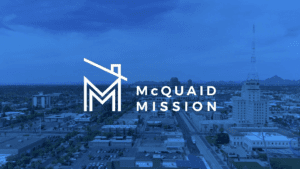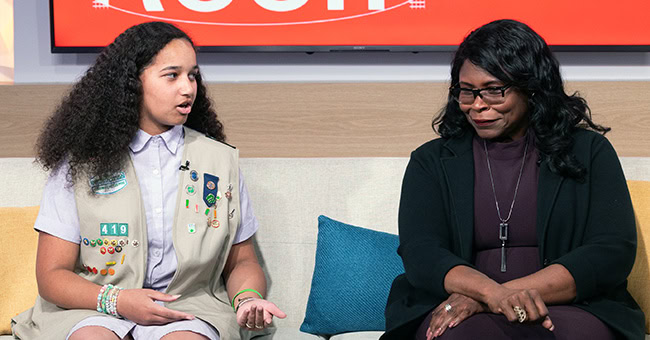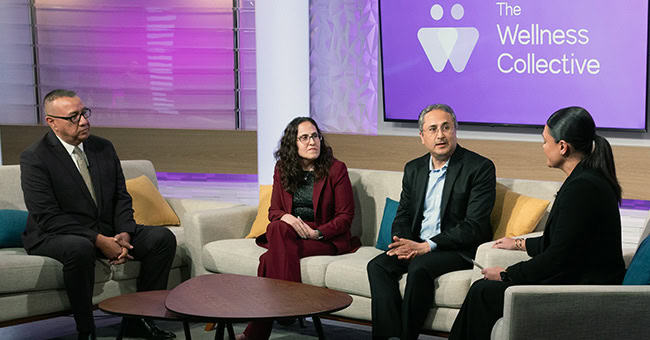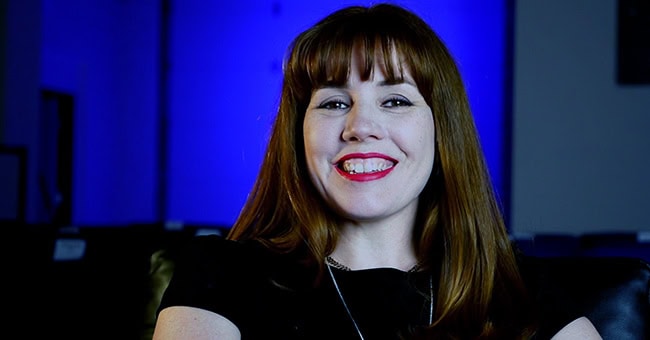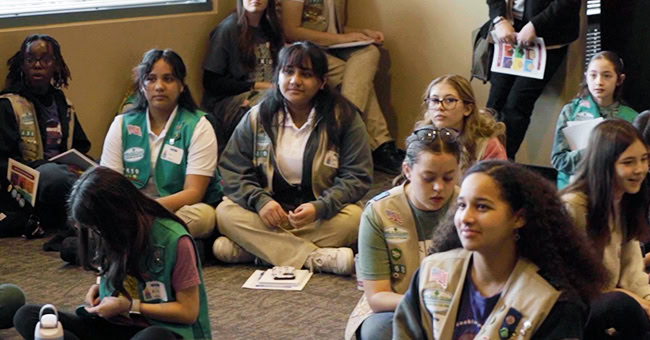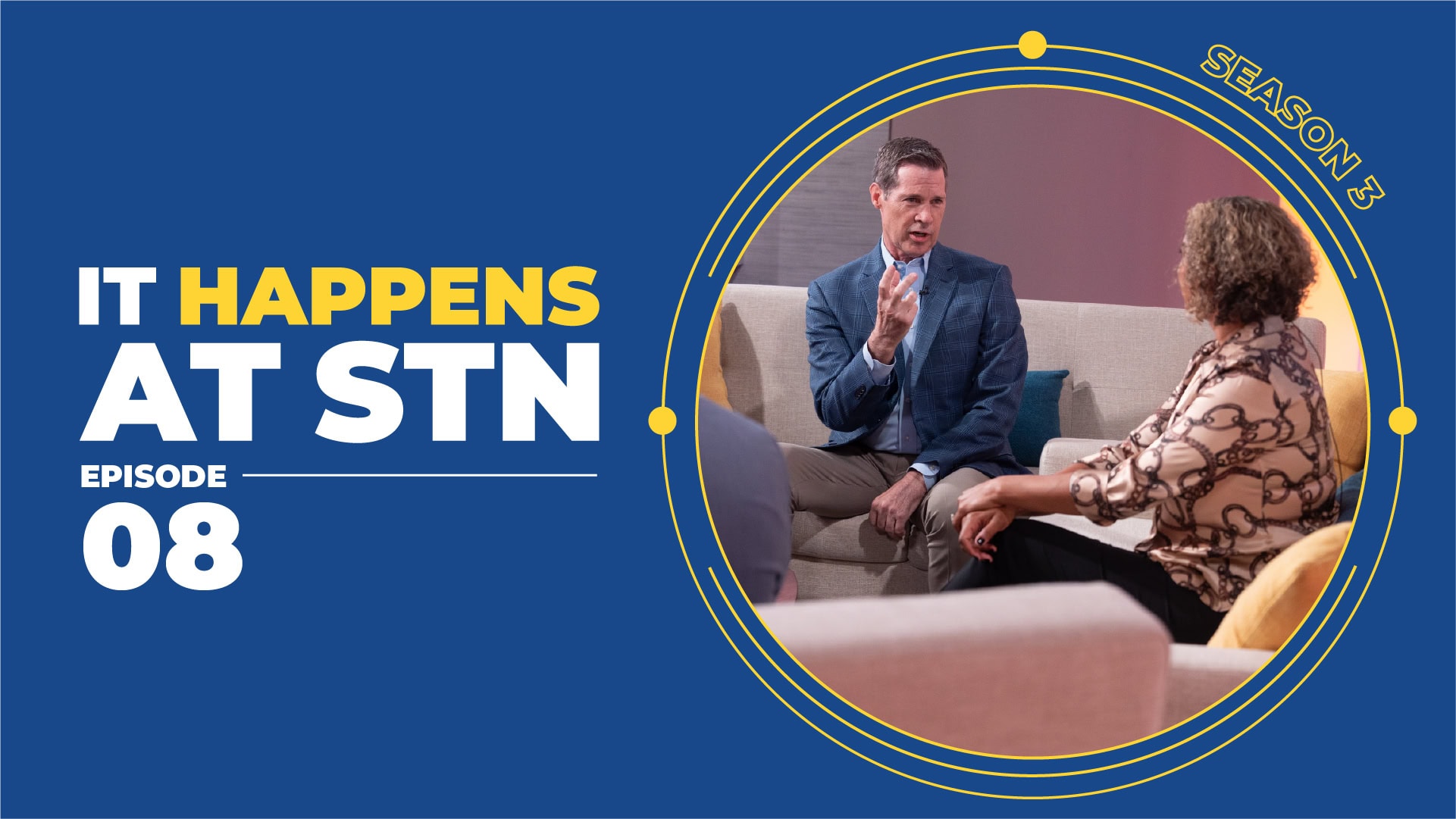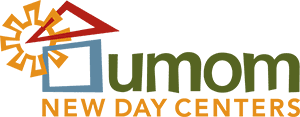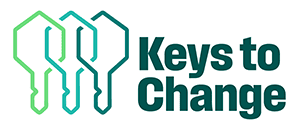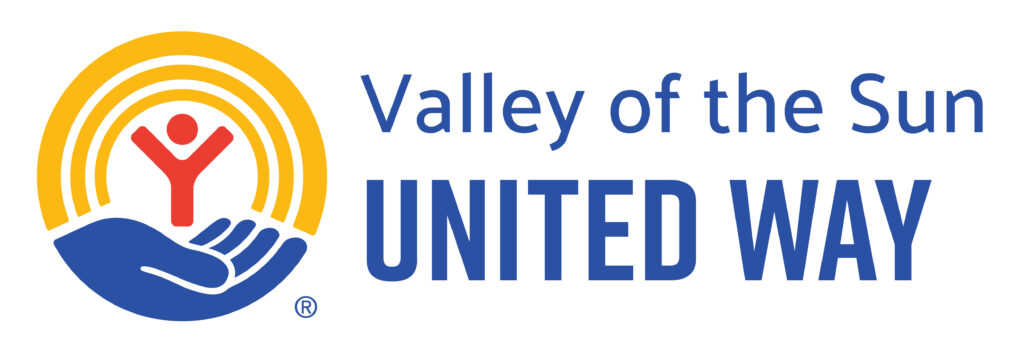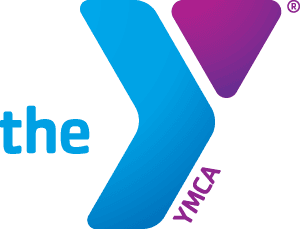PHOENIX (STN) – In Arizona, where nearly twice as many people are entering homelessness as exiting it, leaders are pushing for innovation and prevention-focused solutions.
One of the most promising embeds healthcare support directly into affordable senior housing communities.
During the April episode of ‘It Happens at STN,’ the ‘McQuaid Mission’ spotlight turned to a program from the Foundation for Senior Living (FSL) called CHANGE that places a community health worker on-site to improve health outcomes, reduce isolation, and help seniors age in place with confidence.
“This isn’t just a housing program, it’s a healthcare strategy,” said FSL President and CEO Tami Bohannon. “People are one crisis away from losing their home. So if we can keep them healthy, we reduce that risk dramatically.”
FSL program tackles homelessness risk by treating housing as healthcare:
Bohannon explained how CHANGE, which stands for Community Health, Affordable Rents, Navigation, Guidance, and Education, is already producing results. At the heart of the program are community health workers like Yvonne Romero, who has spent the past year on the ground in Avondale, providing everything from chronic condition management to fraud intervention.
“One of my residents had been enrolled in hospice fraudulently,” Romero said. “I helped cancel the services, sort out the mail, and secure his benefits. Now he and his wife are living with dignity and without fear.”
Amy Schwabenlender, CEO of Keys to Change, underscored the urgency of this work.
“We regularly see older adults dropped off at our shelter directly from hospitals. Some arrive in a gown, with no plan and nowhere to go. Getting them rehoused on a fixed income is nearly impossible. That’s why prevention matters.”
Bohannon and Schwabenlender noted that Arizona’s 65-and-older population is expected to grow by more than 40% in the next five years and that the “silver tsunami” will further strain systems that are already under pressure.
“If we can’t serve this group now, what is the future of our community going to look like?” Bohannon asked. “This isn’t just about individual outcomes. It’s about economic impact, community health, and equity.”
The panelists urged leaders to break down silos and collaborate. FSL’s model already includes partnerships with Valleywise Health and PNC Bank to bring mobile healthcare and financial literacy resources directly to residents.
Romero closed with a powerful reminder: “We need to redefine how we think about affordable housing and health prevention. We can prevent homelessness. We can help people age with confidence. But only if we act now.”


